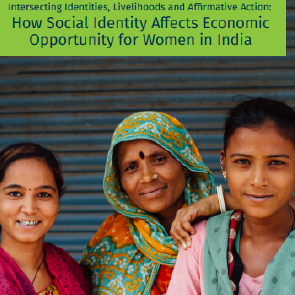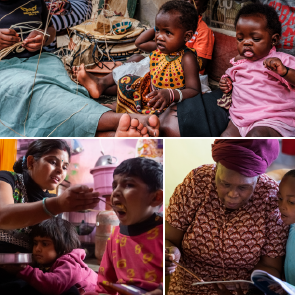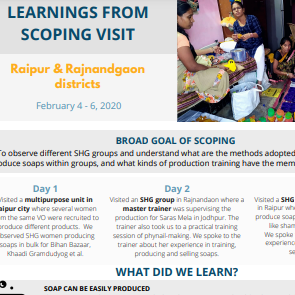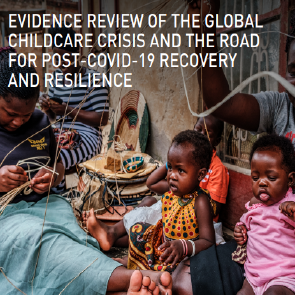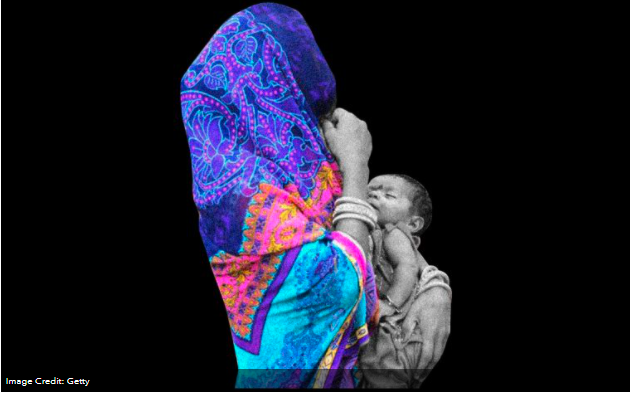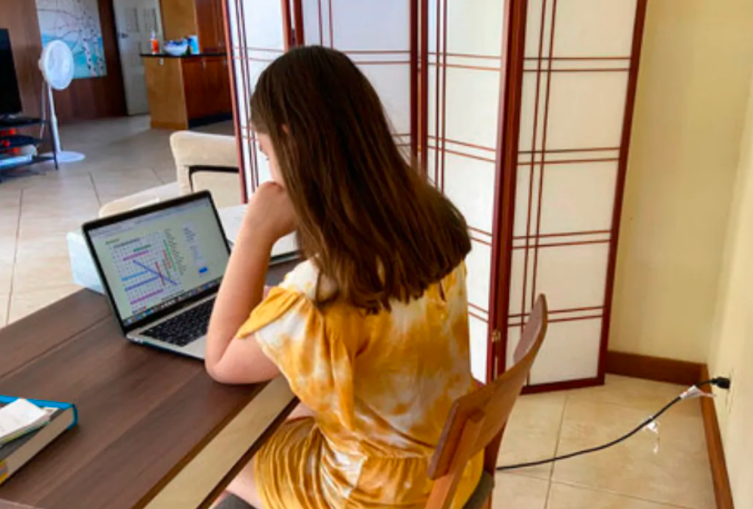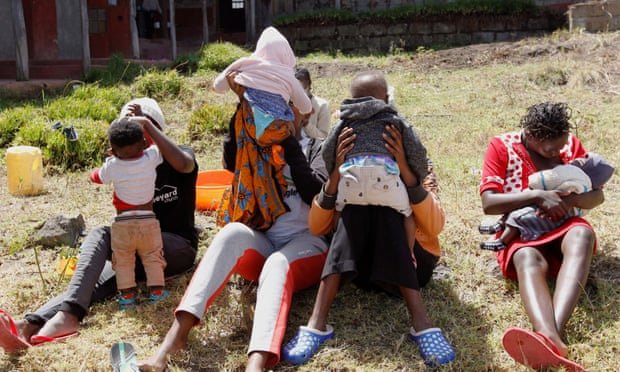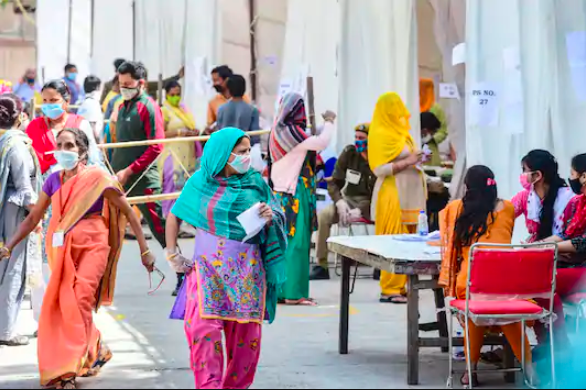Intersecting Identities, Livelihoods and Affirmative Action: How Social Identity Affects Economic Opportunity for Women in India
This paper presents a landscape assessment of the current state of gender inequality in the economic sphere in India, which is a key facet of overall inequality. The assessment comprises the latest empirical evidence based both on demographic survey data, as well as key results from cutting-edge scholarly literature. Male–female gaps are significant in many dimensions, but the contours of these gaps are shaped by the overlap of gender with other social identities, such as caste, religion or tribal identities. Thus, women from stigmatised and marginalised groups are disadvantaged along two dimensions and have to battle the double stigma of this intersectionality.
The paper outlines the trends in overall gender gaps in the areas of labour force participation, self-employment and education over the last couple of decades, but highlights the role of intersectionality that goes into producing structures of advantage and disadvantage. The paper discusses policies such as the National Rural Livelihood Mission designed to encourage self-employment, which have had several other positive impacts, such as increase in empowerment and autonomy, but their record in terms of enhancing livelihoods is mixed at best. Evidence shows that policies such as employment guarantee schemes or transport infrastructure could end up having positive gendered effects, despite their gender-blind design. The paper argues that in order to tackle inequality fundamentally, we need to mainstream evidence-based research on intersectionality, which should be the basic lens informing policy.


